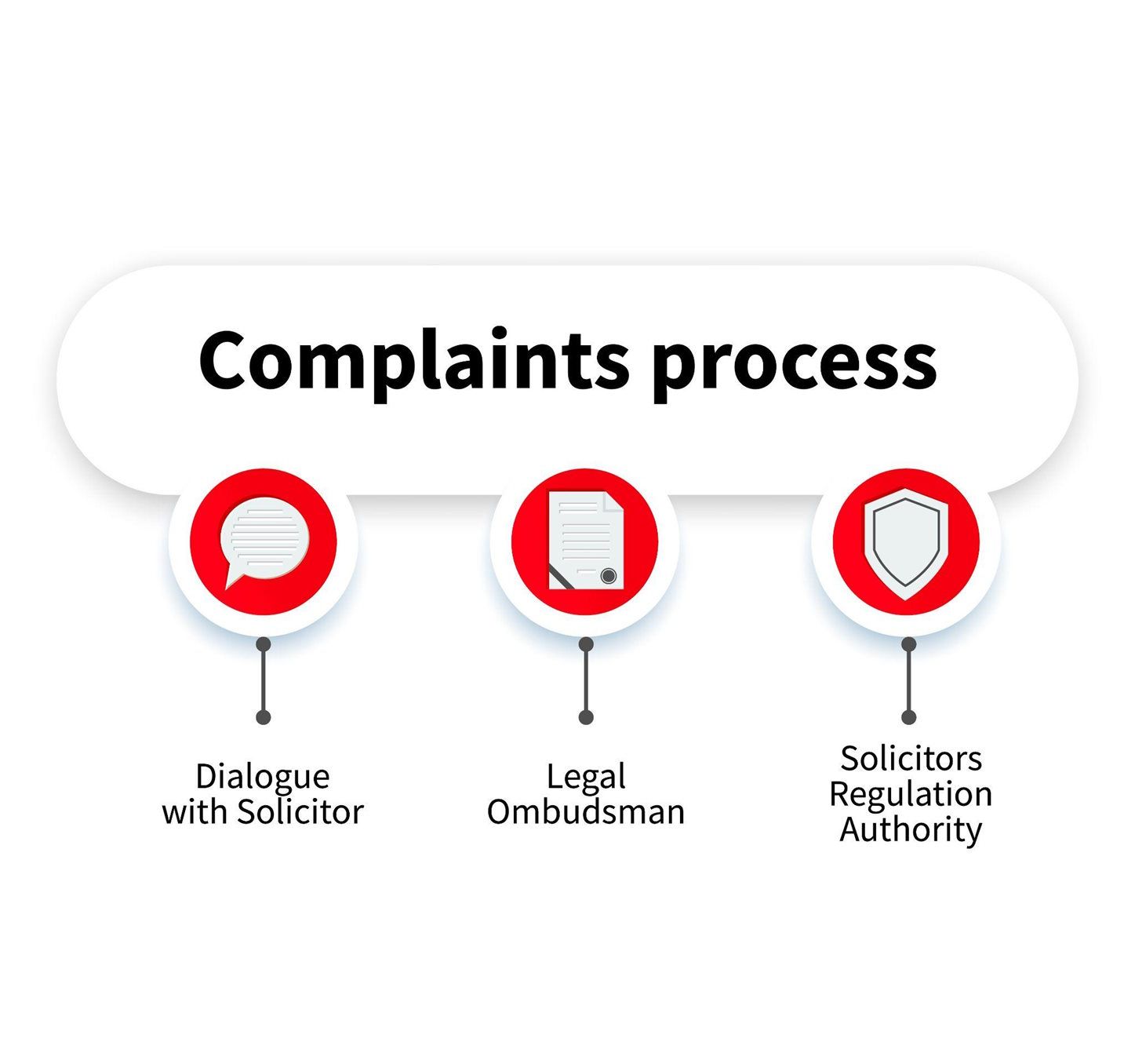5 Questions to Ask Your Solicitors Before Signing Agreements

Legally binding contracts help to legitimise agreements between two or more parties, protecting various financial and logistical interests on all sides. With the help of this paperwork, clients can buy houses, find new employment and dictate their inheritance plans, all with the legitimacy and protections of official documentation.
Signing on the dotted line usually means that you’re agreeing to the above terms and conditions, and as such it can be difficult to make changes or withdraw from the agreement at a later date. Therefore, it is essential that you fully understand the document you’re about to sign, where you can do this by asking your solicitor all the right questions.
Read on for a look at the top 5 questions you should be asking your solicitor before signing a legally binding agreement.
Common Legal Documents & Agreements
Legally binding contracts and agreements can be drawn up in a wide variety of contexts, allowing for property, wealth or information to be exchanged in a legitimate manner.
Some of the most common contracts that a solicitor can provide support with include:
Settlements & Dispute Resolution - If you’re involved in a dispute at work or at home, you may come to a financial agreement that involves the signing of a contract.
Housing Contracts - When buying a house, a solicitor can support you in getting your paperwork in order, where this may include the mortgage deed and contract of sale.
Wills, Inheritance & Powers of Attorney - Solicitors can offer guidance and services when it comes to managing your own estate or the finances of a loved one.
Non-Disclosure Agreements (NDA) - You may require legal support if you need to draw up an NDA or if you’ve been asked to sign one.
Divorce - Your legal council will help you to manage your divorce paperwork, where both parties will be invited to sign a consent order.
Top 5 Questions To Ask Before You Sign
The questions you ask your solicitor before you sign an agreement will depend on the nature of your contract and the specific circumstances involved. Before signing, you should always read your contract carefully, making sure that you understand any conditions or requirements that will be asked of you.
More generally, we’ve recommended 5 key questions that you may wish to ask your solicitor, in order to gain a richer understanding of your legal agreement:
1. What Are My Rights After Signing?
Importantly, you should be aware of how your financial and practical situation will change once you’ve signed your contract. In particular, you may be wondering how your legal rights will be impacted.
For example, if you’re signing a settlement agreement to resolve a discrimination case at work, then you may be waiving your right to make future claims or to ask for additional compensation.
After signing, you can only change your mind or amend your contract if specific circumstances apply. Some contracts will include a flexibility clause, meaning one party can make changes without your agreement, such as if your employer chooses to change your role responsibilities.
Beyond this, changes can be made to a contract if both parties involved have made an error or didn’t understand the terms of the agreement. Some contracts will also include a clause that allows the contract to be terminated by one or both parties in specified circumstances.
Additionally, contracts such as broadband deals or smartphone agreements often come with a two week cooling off period, during which changes or cancellations can be made without charge.

2. What Will Communication With My Solicitor Be Like After I Sign?
Once you’ve signed your final contract or agreement, your relationship with your solicitor may change. This can be difficult if you’ve depended on your legal counsel to support you during a divorce, or if you’re unsure what the next steps will involve.
Before signing, make sure that you understand how the final copy of your contract will be sent to you. Usually this will be distributed via email, but you may also need to request a physical copy in the post.
Beyond this, there may be a waiting period involved after you sign, particularly if you’re buying a house or undertaking divorce proceedings. Let your solicitor know if you’d like to be updated regularly, or if you’re happy to be contacted only when something changes or when the process is finalised.
If your contract is completed around the holiday period, either in the winter or the summer, it may be worth enquiring about your solicitor’s availability. This can allow you to organise your time and avoid lengthy delays.
3. What Will I Be Charged, & What’s Included?
When working with a solicitor, you will want to gain an understanding of how much you’ll be charged. The amount you pay will vary widely depending on the services you require, where it is advisable to gain a full picture of this before you sign.
Most legal quotes are made up of different parts, with lots of solicitors offering a basic, fixed fee plus additional costs. It can be helpful for budgeting purposes to gain a full idea of the costs involved before you proceed.
If you’re in the process of receiving a settlement from your employer or another organisation, then you should also enquire about the quantity of your payment that can be taxed. This will allow you to see exactly how much you’re being offered, where you may wish to renegotiate before signing.
4. How Long Will It Be Until My Agreement Is Finalised?
Signing a contract or agreement doesn’t always mean that the legal process is complete. Often, there will be a cooling off period evolved, or there will be additional paperwork that your solicitor will need to complete before the transaction is finalised.
For conveyancing in particular, the full process can take between 8 and 12 weeks, with various documents and forms that need to be signed. Sometimes, contracts will need to be renegotiated to ensure the terms are acceptable to both parties, which can also prolong the process.
5. Is There A Complaints/Grievance Procedure?
Before you finalise a contract with your solicitor, it can be helpful to understand their complaints procedure just in case you need it. Usually, this won’t be necessary, especially if you’ve researched your solicitor carefully or chosen your counsel based on the recommendations of others.
For most issues, you will be able to resolve your dispute by opening up a dialogue with the solicitor, or with senior representatives at the firm. Beyond this, the next stage will involve taking your complaint to a legal ombudsman, who can investigate the situation on your behalf. Further to this, you can also visit the Solicitors Regulation Authority website to raise additional concerns about your legal counsel.

Almy & Thomas: Find A Solicitor You Can Trust
At Almy & Thomas, we offer a wide range of professional legal services, where our solicitors are on-hand to answer any questions you may have.
Whether you’re undertaking a civil litigation case or you need assistance in establishing power of attorney, our expert team is here to help.
Get in touch to speak to a solicitor in Torquay today.







